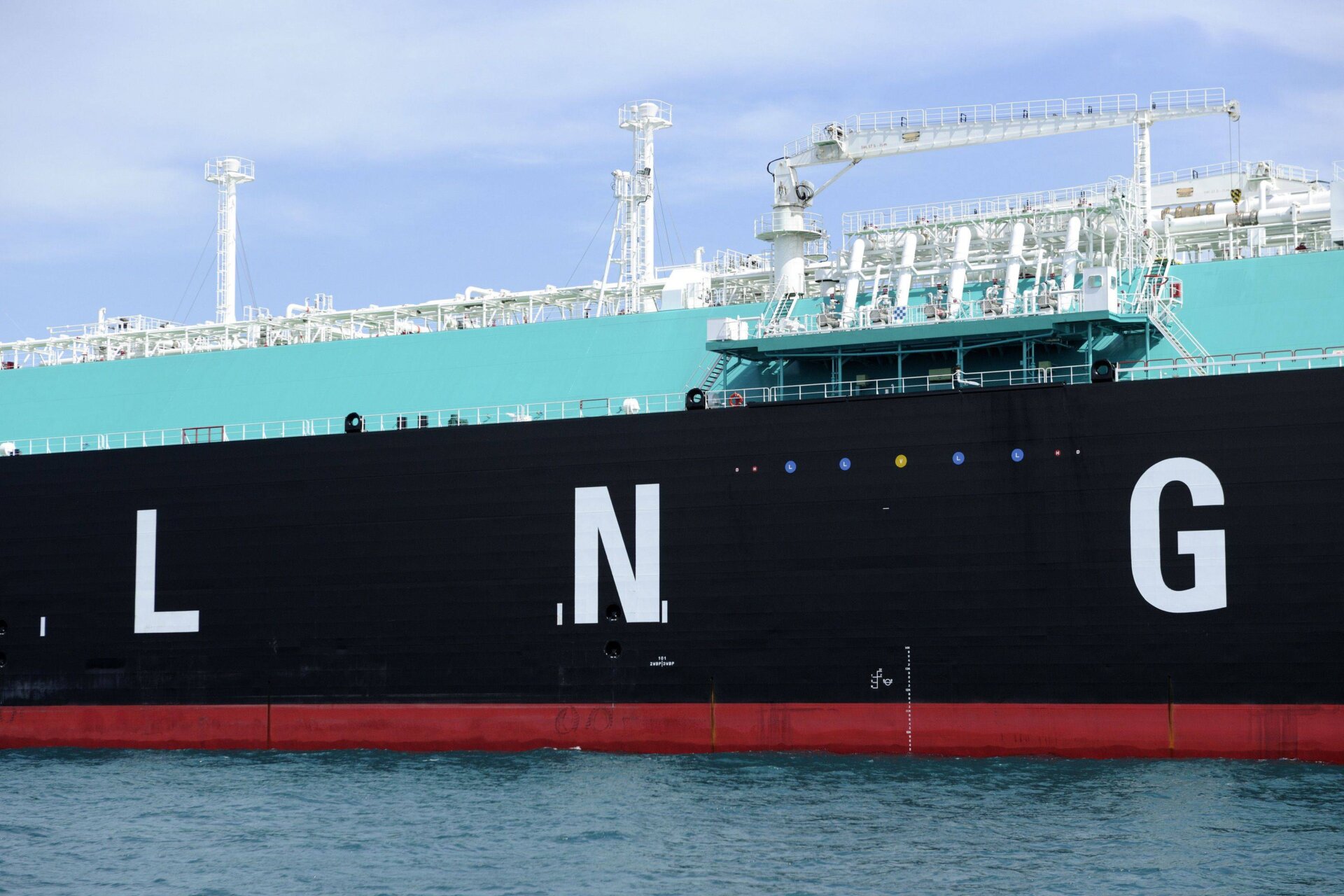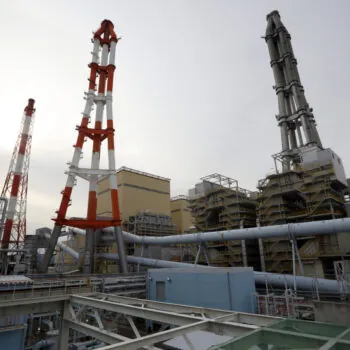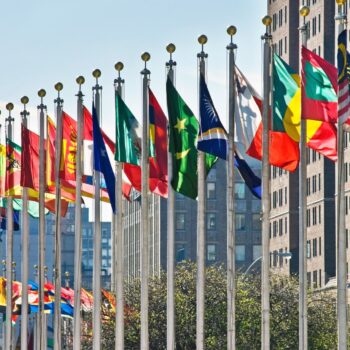Despite falling domestic gas demand, Japan is spending considerable diplomatic energy on securing new LNG supplies. It aims to remain a dominant player in the global liquified natural gas (LNG) market by creating new markets in Southeast Asia and reselling LNG to them. Japan sees this as a route to energy security and regional geopolitical influence. Instead, this approach will prolong Japan’s dependency on volatile LNG markets, undermining its energy security, and lock Southeast Asia into long-term gas dependence, risking their economic stability and undermining global climate efforts.
Japan’s partners in the G7 and beyond must underline their concerns in the context of the G7 commitment to end international fossil fuel financing and the UAE Consensus on limiting warming to 1.5oC. They should work with Japan to identify alternative levers for regional influence and energy security.
Japan doesn’t need more gas
Japan imports 94% of its primary energy supply and is among the biggest LNG importers. But growing nuclear and renewable generation, efficiency measures, and slowing industrial demand mean gas demand has fallen 25% since its 2014 peak, and is expected to drop another 25% by 2030.
Yet Japan is exerting considerable diplomatic pressure on LNG exporting countries to maintain and increase supply, including the US, Canada and Australia.
Japan is artificially stimulating LNG demand in Southeast Asia for its own political purposes
This pressure is primarily driven by Japan’s goal to become a major LNG technology, fuel and service provider for Southeast Asia. Japanese utilities initially pushed this approach as Japan started over-contracting LNG in 2017 and the excess cargo needed to go elsewhere. This approach has since been adopted by the government, who aim to counter growing Chinese regional influence.
This strategy is now well underway, as set out by the Institute for Energy Economics and Financial Analysis. According to Bloomberg, Japan already resells one third of the LNG it buys – contradicting its arguments about needing more LNG for energy security – and intends to keep handling the same volumes despite falling demand.
Japan’s push for gas threatens Southeast Asia’s economic competitiveness and compromises climate goals
Southeast Asia only accounts for 5% of global LNG imports, and renewables make up more generation capacity in the region than gas. Therefore, Japan’s strategy depends on developing new regional LNG markets using its international public finance, despite a 2022 G7 commitment to end such financing.
Southeast Asia must undoubtedly address its growing energy demand. However, dependency on gas imports is a poor strategy: the 2022 gas crisis caused economic turbulence, hitting developed economies with extreme energy bills and developing economies with blackouts. Meanwhile, as importers seek to reduce externalised emissions, fossil fuel-based economies risk their exports becoming uncompetitive.
Japan’s goal to nurture regional influence, therefore, risks economically destabilising the very countries it aims to strengthen ties with.
As leader of the Asia Zero Emission Community (AZEC), Japan calls for considering each country’s circumstances. But Japan’s push to impose gas dependency puts its own interests over others’, and risks diverting investment from cleaner energy sources.
Japan’s partners should be concerned
Japan’s gas expansion in Southeast Asia undermines regional economic resilience and geopolitical stability, while reducing the G7’s credibility on energy and climate action.
Japan’s partners in the G7 and beyond should:
- Underline their concerns that Japan’s approach risks economic instability in Southeast Asia. Partners should maintain the pressure against Japan’s approach through the AZEC, Quad, G20, Asia-Europe Meeting, and COP29.
- Collectively deliver on the 2022 G7 promise to have “ended new direct public support for the international unabated fossil-fuel energy sector”. Next year’s G7 Energy Ministerial should include progress-reporting on international fossil fuel financing phase-out.
- Work with Japan on identifying alternative levers to counter Chinese influence in Southeast Asia, including through the G7 Partnership for Global Infrastructure and Investment.
- Stress that it is unacceptable for Japan to import Russian LNG while maintaining a large domestic surplus, including at the 6 October LNG Producer-Consumer Conference.
Import-dependent countries (including France, Germany, Italy, UK) should:
- Share experiences on enhancing energy security though addressing energy demand and decarbonisation, at the 2025 International Summit on the Future of Energy Security and in bilateral engagement.
Australia, Canada and the US should:
- As signatories of the Clean Energy Transition Partnership (CETP), underline that their gas exports are intended for Japanese domestic consumption only, and demand greater transparency in gas export agreements to ensure clarity on export destinations. Exports for Japanese re-export go against the spirit of CETP membership and divert resources away from clean industries.


